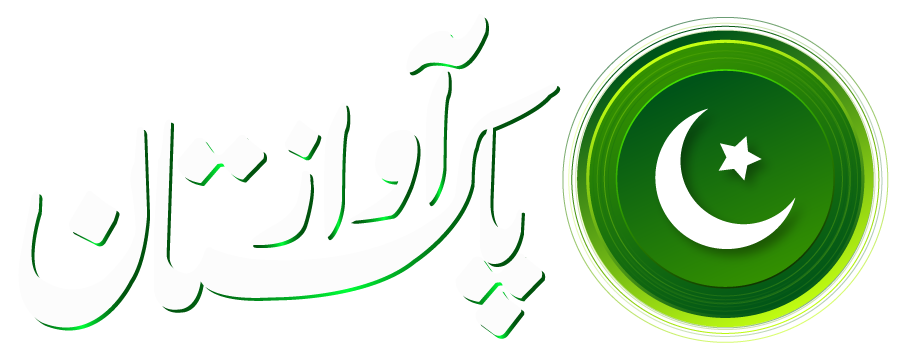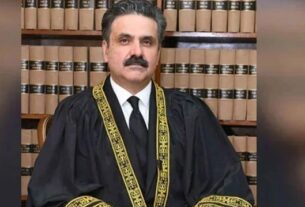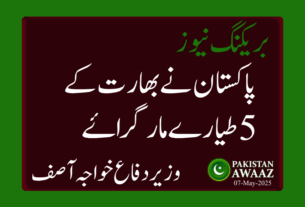1. Social Media ban federal government
The federal government of Pakistan has strictly regulated the use of social media by public employees. This official policy, memorialized in an Establishment Division memorandum, aims to safeguard confidential government information and ensure operations remain uncompromised by unsanctioned online activity. As civil servants acclimate to these new rules, it is paramount to comprehend the implications of this ban, the directives governing it, and how it aligns with broader strategic objectives.
2. The Behind Restricting Social Media:
The explosive spread of social media has revolutionized interpersonal communication, data dissemination, and expression of perspectives. However, this virtual environment also presents significant hazards, especially for officials handling sensitive materials. The federal government’s decision to impose a social media ban stems from protecting against unwarranted disclosure of official documents and intelligence, which could potentially undermine national security, diplomatic relations, and public confidence in governmental institutions.
3. 1964 Government Servants (Conduct) Regulations:
The memorandum enforcing the social media ban references the 1964 Government Servants (Conduct) Regulations, a legal framework intended to govern the behavior of public employees. These rules delineate the duties and accountabilities of civil servants, like prohibiting actions that could harm the reputation of the government or divulge confidential information. By reinforcing these rules regarding social media, the government aims to adapt longstanding provisions to the contemporary digital era.
4.Key Elements of the Social Media Restriction:
1. Prohibition on Social Media Engagement Without Authorization:
Government workers are now demanded to procure prior approval before employing any online platforms for sharing. This involves popular destinations like Facebook, Twitter, Instagram, and LinkedIn, as well as conversational apps similar to WhatsApp and Telegram. The objective is to confirm that public servants’ digital behaviors are monitored and in line with administration arrangements.
2. Constraints on Expressing Opinions and Circulating Data:
The letter explicitly forbids administration workers from voicing viewpoints or rendering statements on online platforms without prior endorsement. This includes sharing private perspectives, commenting on administration strategies, or taking part in political talk. Additionally, laborers are barred from disseminating official records or data with unauthorized people, even in private messages or closed gatherings.
3. Sustaining National Sovereignty and Respect:
One of the most basic parts of the online bans is the concentrate on ensuring national sovereignty and respect. Administration workers are restricted from making statements that could harm the nation’s notoriety, harm connections with other countries, or undermine the dignity of the administration. This provision underscores the significance of keeping up a unified and consistent message on the worldwide stage.
4. Repercussions for Defying the Prohibition:
The letter makes it clear that any infringement of these bearings will bring about strict disciplinary activities. These activities could run from admonitions and suspensions to end of employment, relying upon the seriousness of the infringement. The administration’s dedication to authorizing these standards underscores the significance of the issue and the potential results for non-consistency.
5. The More Extensive Impact of the Online Prohibition on Public Workers:
The usage of the online prohibition has far-reaching ramifications for public workers. This area will investigate how these new directions influence different parts of their expert and individual lives.
6. Professional Conduct and Digital Footprint:
Public servants now face greater scrutiny of their online activities, as every post or share could breach government policy. Maintaining discretion has become crucial to remain compliant, requiring spontaneity to take a back seat.
7. Striking a Balance Between Freedom and Duty:
One of the most difficult parts of the ban involves balancing personal liberties with professional obligations. While individuals have rights to their views, representatives must thoughtfully curb online opinions to avoid issues. This continual clash between autonomy and responsibility lies at the heart of ongoing discussion around restrictions.
5. Shifting Internal Correspondence:
Limitations on messaging apps and social platforms may force reliance on official channels like email and intranet for work communication. Documentation and accountability could gain importance, leading discussions to become more formalized and structured in nature.
The restrictions may bring frustration especially to younger staff used to digital connection, potentially sparking feelings of isolation or resentment amongst some. Morale and job satisfaction risks are raised by bans removing a key outlet for expression, interaction and networking from many people’s lives.
6 .Legal and Ethical Considerations:
The social media restrictions spur complex debates concerning employees’ freedoms and authorities’ obligations. This section explores these issues through examining the equilibrium between security, expression, and privacy, along with implications for civil service roles.
1.Balancing Regulations and New Realities:
Rules from 1964 guide behavioral oversight, but applying such to modern platforms provokes questions on scope and relevance. Experts mull whether current legislation suffices in this digital age or if updates are necessary to handle technological intricacies.
2. Expression versus Security:
The ban highlights perpetual tensions between expressing oneself and maintaining confidentiality. While protecting data and national security falls within government domains, staff retain privacy rights like communicating and voicing views. Striking a suitable balance between these opposing priorities demands prudent consideration.
3. Monitoring’s Moral Impacts:
Observation sparks ethical worries concerning surveillance and power misuse. Authorities duty-bound to uphold regulations yet must safeguard personnel rights and prevent intimidating oversight transforming work into an Orwellian nightmare. Transparent, responsible practices sustain trust in governance’s digital interactions.
6. Global Perspectives on Social Media Regulation:
Around the world, governments struggle to balance regulating their employees’ digital activities and respecting civil liberties. This section examines other nations’ approaches, identifying promising policies for Pakistan.
7.The Role of Public Sector Communication in the Digital Age:
Social media has transformed how governments engage citizens. Both opportunities and challenges emerge from employees’ online presence. This ban risks undermining outreach; we assess its communication impact.
1.Social Media’s Powerful Potential for Public Engagement:
Platforms empower direct, two-way dialogue on services and concerns. However, restricting access limits valuable engagement between officials and public. We consider social media’s role and the ban’s effects on these crucial discussions.
2.Guiding Official Accounts amid New Restrictions:
While personal usage faces prohibitions, government accounts will continue. Effective management requires prudence, training, and oversight to ensure messaging reflects priorities and values. Here we discuss best practices for responsible, policy-aligned social steering.
8. Adapting Crisis Communications amid New Restrictions
Social media has transformed how governments disseminate emergency information to vast audiences. However, banning personal usage raises questions around coordination during crises. Could restricting access hinder timely responses? Adapting requires innovative solutions.
1.Navigating Professional Boundaries under New Rules
Public servants must adjust strategies for engaging online while upholding duties. Compliance brings challenges but also opportunities to reimagine communications. Guidance exists to help navigate changes respecting spirit and letter of regulations.
2. Thoughtful Engagement within Regulatory Frameworks
Caution now guides social interactions to avoid oversteps. With care, digital identities can remain positive. Tips allow productive networking respecting all.
9. Expanding Networks through Alternative Forums
A ban may stymie career growth from social connections. Conferences, organizations and direct outreach can fill gaps. With openness, other channels to inform and enrich work may emerge.
1.Staying Aware as Rules and Platforms Evolve
Resources help follow constant changes. Understanding evolves compliance as regulations and best practices adapt to technology’s rapid march.
10. Continuous Learning in a Shifting Landscape
Public service demands adaptation. Online and in-person, new connections strengthen work through sharing. Regulations aim for balance; together, principles and policies will find fit. Compliance and service coexist through open dialogue.
11. The Future of Social Media Regulation in Pakistan:
As the digital landscape rapidly transforms, Pakistan’s government will need to modify its methods for overseeing social networks to address fresh issues and chances. This portion will investigate potential avenues for managing platforms in a way that respects civil liberties and security, as connectivity spreads and citizens engage more online. Regulation must balance open discourse with reasonable restrictions to prevent harm, an intricate task as technologies change. Moving ahead will require nuanced policymaking attuned to both the threats and promises of this developing domain.
1. Are civil servants permitted to utilize social media platforms?
While employees in the public sector have traditionally been forbidden from engaging on virtual forums or distributing insider materials without clearance, modern rules recognize civil servants’ rights to a private online presence.
2. To what extent can an employer constrain a worker’s non-work social media activities?
While companies can reasonably expect staff to avoid improper disclosures or misrepresenting the brand, regulating personal posts made off-hours that have minimal bearing on the job would be an overreach of authority in most jurisdictions.
3. Under what circumstances may an employer demand an employee remove a public post?
If a social media update risks violating a company policy regarding sensitive data protection, confidentiality clauses, or presenting the firm in an unflattering light, asking the author to delete it is typically within the employer’s power.
4. What does a comprehensive internal social media policy for a company outline?
Such guidelines spell out parameters for permitted usage of both professional and casual accounts, outline expected discretion with privileged information, clarify representation of corporate interests online, and establish potential repercussions for policy breaches.
5. What principles does a code of conduct for civil and public servants establish?
An ethics charter for government workers lays standards of integrity, objectivity and accountability when carrying out duties, using resources, interacting with citizens and addressing conflicts of interest to engender trust in public institutions.




